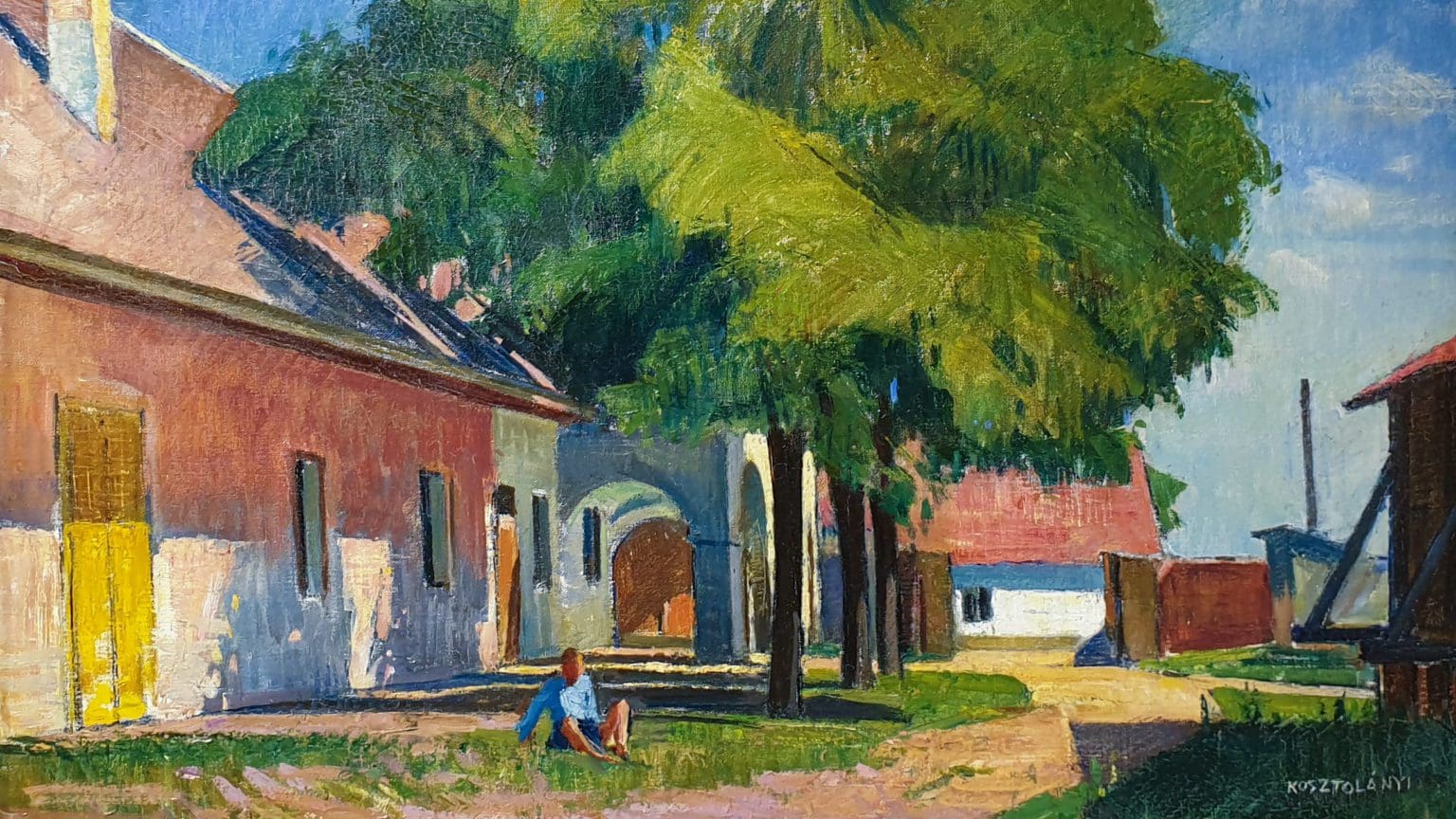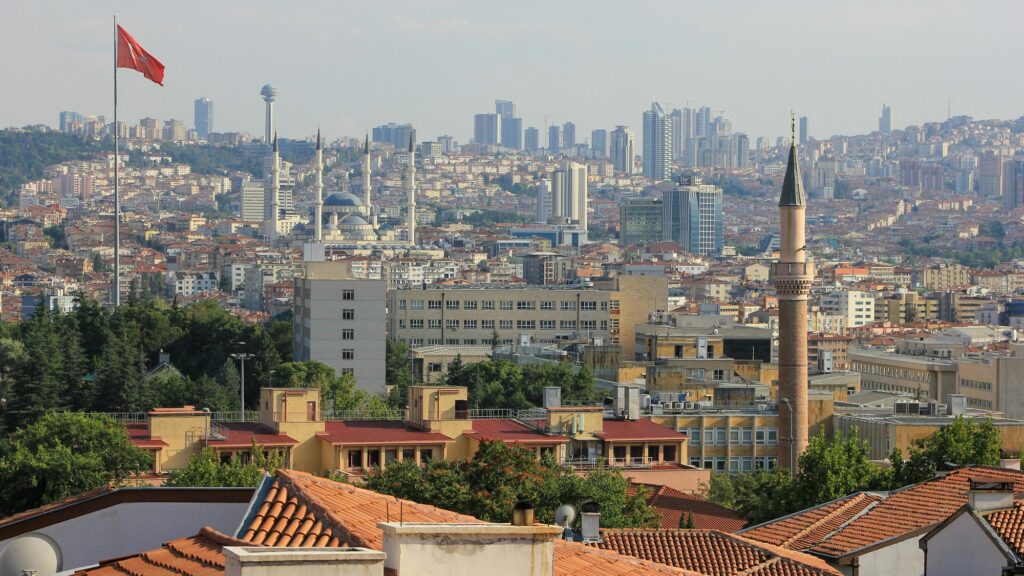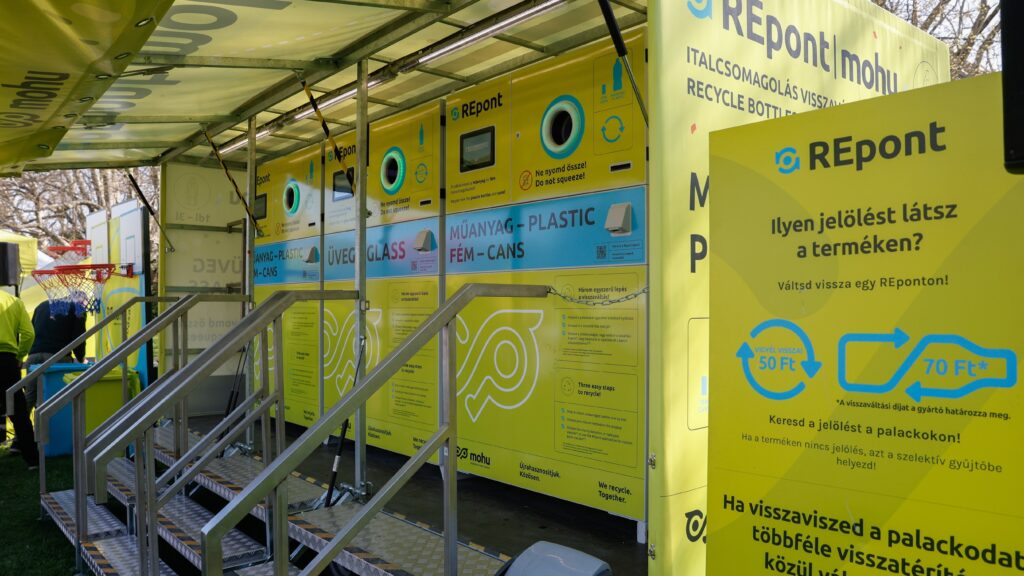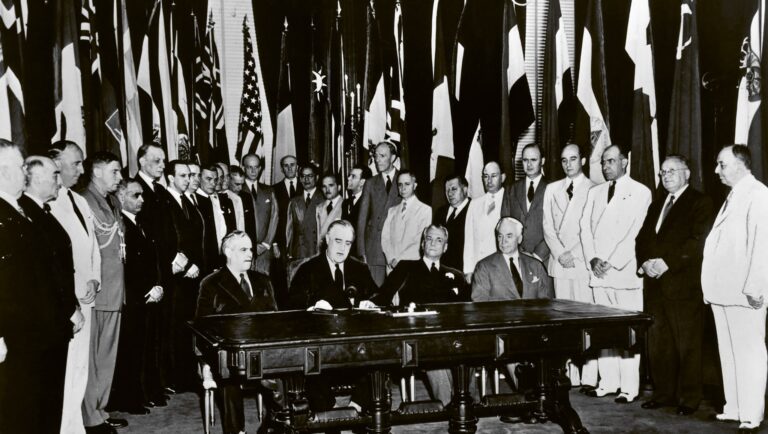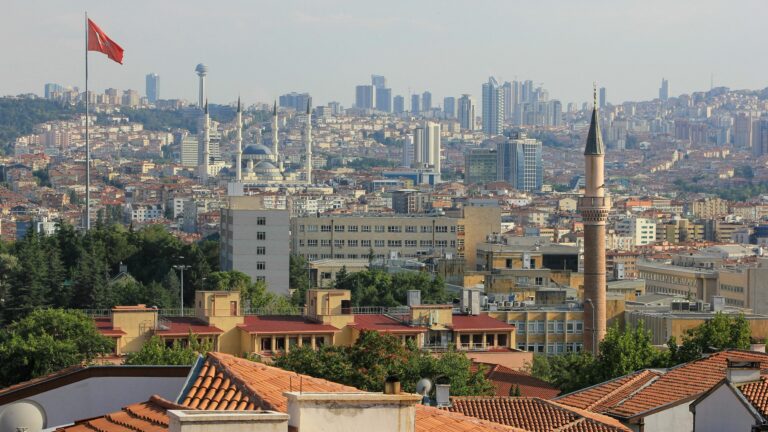Starting from 1996, the leadership of the village located in North-West Hungary started to implement measures to go green, opting for renewable energy sources much earlier than any other settlement in the country– and it proved to be so effective that they could become completely self-sustaining in the coming years.
The Experience
Nagypáli and its mayor, Tibor Köcse did not get here all of a sudden. The process has been well thought out and has been running since 1996, when Köcse was first elected. Since then, the leadership of the village has invested every spare forint they had into renewable energy. Upon his election, Köcse started to analyse the energy consumption of the village. Soon after, he implemented the ‘Green Road’ project in order to transform Nagypáli into an eco-conscious village. The mayor had used the Austrian village of Güssing as a model. He considered their experience and their projects, and adapted those to the Hungarian context.
The Development
An important element of the ‘Green Road’ initiative was the lowering of energy consumption. The municipality called on residents to utilize methods that save energy. The lighting of the village was also modernized by installing compact light bulbs – and the same was done to the interior of public buildings as well. The water supply sytem was also modernized in order to save energy. Alongside these measures, the village started to increase its own energy production.

Their town hall was fitted with solar panels that produce energy not only to heat the water in the building but also to provide heating in the winter. Beside the municipality building, the village also installed solar panels in a number of homes and on the roofs of carports. Nagypáli also invested in wind turbines. As far as farming is concerned, the village residents do not use any chemicals or artificial manure. The village also engages in a small-scale carbon dioxide removal initiative by having planted Paulownia trees. These special trees are middle-sized that can grow to be 15 metres tall. Also known as “The ‘Empress Tree”, it is often highlighted as the miracle solution to climate change, with potential to absorb ten times more CO2 than other tree species. In fact, while a regular tree removes about 8-12 tonnes of carbon dioxide/acre a year, Paulownias remove 17 tonnes. The strong, light-weight timber of the tree is is referred to as the “aluminium of woods.” In China, millions of acres of plantations are set to improve the air quality in the country.

Award-winning Village
By saving and also producing a large amount of energy, the village saves millions of forints each year and also generates its own revenues. In order to secure sustainability, the savings and profits are reinvested in more developments. By doing this, Nagypáli is able to provide the co-financing necessary to apply for new, subsidised investment opportunities.
The mayor has said that they are looking to be pioneers in the country and try to lead by example. He hais convinced that ‘If others start following our example, we could achieve great things. I believe that the ‘Green Road’ initiative has worked wonders for us, and others should study it as well.’ He also expressed the community’s willingness to show all of their initiatives to interested visitors – and there are many of them. The achievements of the village have been also recognized internationally. In a German competition in which 600 town and villages relying on renewable energy were competing, the settlement came in second. Two years ago, they won German energy giant E.On’s ‘Energia Globe’ award.

No Reason to Stop
Köcse explained that even though they are happy with their achievements, and proud that they might be seen as an example in the sector, they are not going to ‘sit around’ in the future. They have new plans lined up that will improve their energy storage. As part of their energy park, they are looking to build a storage unit utilizing hydrogen and energy-cells.
‘Currently we are generating about 85-90 per cent of the energy we require. However, soon we are going to have an excess, and we should be able to store it efficiently,’ the mayor said.
The initiatives in Nagypáli have attracted quite a few families who settled in the village. The village’s population jumped from 271 to 600 in the recent years, with a tenfold increase in the number of children living in Nagypáli. In 25 years, the village’s demographic has improved dramatically, which means that it does not only have a past, but also a future now.
The Future is Now
Nagypáli’s ambitious goal of becoming completely self-sustainable could serve as an example for many Hungarian villages and cities. With energy prices soaring across Europe, methods of conserving energy are becoming a priority everywhere, and Nagypáli has shown the country that it is possible – so hopefully, other settlements will follow in their footsteps.

